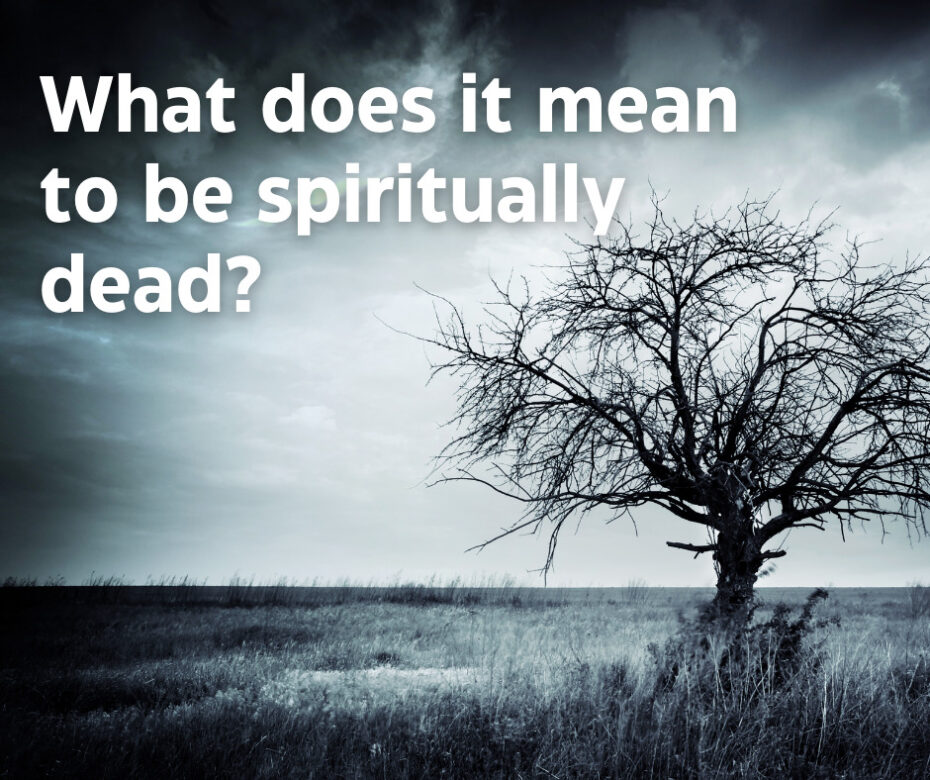Peter sent me another article saying, “there is something sideways about this one also.” It is the March 22, 2023, Pathway to Victory devotional from First Baptist Dallas pastor, Robert Jeffress.i It is entitled, “The Ability to Believe Is a Gift.”
You can read the entire devotional here.
Jeffress is advocating a Calvinist position, but with some twists that make it appear a little less deterministic.
He asks, “Is everybody in the world free to trust in Christ as Savior, or does God restrain some people from coming to Christ?” Here is his puzzling answer (after citing Rev 22:17): “Everybody is free to trust in Christ, but not everyone is willing or able to trust in Christ.”
I’m assuming that he means believe when he says trust. After all, the title of the devotional is “The Ability to Believe Is a Gift.”
I get the willing part. The Lord said in John 5:40 that some of his listeners were “unwilling to come to Me that you may have life.” Coming to Jesus refers to believing in Him (John 6:35). Yes, many are unwilling to believe in Jesus. They won’t pray, go to church, read the Bible, or ask questions of their Christian friends.ii
But notice that he goes further, saying that prior to the new birth “not everyone is…able to trust in Christ.” To say that everyone is unable to believe means that even before we are born, our eternal destiny is already set. Those not elected by God have no ability to believe in Christ and be born again. If you were not elected, too bad. There is no remedy for you since according to Calvinism, Christ only died for the elect.
Jeffress goes to the Calvinist go-to passage, Eph 2:1-3. He writes, “We are born into this world spiritually dead. Can somebody who is dead suddenly sit up and start a new life? No. In the same way, we do not just wake up one day spiritually and say, ‘You know what? I need a Savior.’ It does not happen that way.” That is a terrible misinterpretation of Eph 2:1-3. To be spiritually dead is to lack everlasting life as Eph 2:5 makes clear: “He made us alive together with Christ (by grace you have been saved).” The idea that an unbeliever cannot seek God (in response to His first drawing them) is contradicted by Cornelius in Acts 10, the Bereans in Acts 17:11, and Paul’s words to the Athenian philosophers in Acts 17:27. Spiritually dead people can pray, read the Bible, go to church, and attend Bible studies. They can seek God because the Calvinist view of total depravity is dead wrong.
By the way, why did he talk about “starting a new life”? Is he suggesting that believing in Jesus involves turning from our sins and committing ourselves to following Christ the rest of our lives? I’m not sure. But that is what he seems to be implying.
The Calvinist answer to this dilemma is that regeneration precedes faith, at least logically. In this view the unbeliever is first given everlasting life, then he is given what Calvinists call the gift of faith.
You may not grasp what I just wrote. So let me say it another way. According to Calvinists, first a person is born again. After that, he believes. They think John 3:16 has it backwards. They think it should say, “For God so loved the world that He gave His only begotten Son, that whoever has everlasting life will believe in Him and will never stop believing.”
Jeffress seems to hold that view. Carefully follow what he wrote: “The way God makes somebody who is spiritually dead spiritually alive is through the Holy Spirit. The Holy Spirit is the one who regenerates us and gives us the ability to believe.” I suppose someone might think he just put the wrong word order. Surely he means that the Holy Spirit first gives us the ability to believe and then if we do, he regenerates us. But that is not what he wrote. He wrote that the Holy Spirit regenerates us and then gives us the ability to believe.
Here is how he ends his devotional: “Your salvation has absolutely nothing to do with you and everything to do with God. Even your ability to believe is a gift from the Holy Spirit of God. In His mercy, because of His love for you, He saved you. It is the Holy Spirit who imparted to you the ability to trust in Christ.”
I agree with Peter. There is something sideways about that devotional.
__________
i Robert Jeffress was the high school pastor at FB Dallas in 1980. I worked for him as an intern for one year and had a very cordial relationship with him. I like him but am concerned about some of the things he’s been writing and saying.
ii However, there were people present that day who had been willing to come to Christ. The eleven disciples had all believed in Him. They had not been unwilling.


